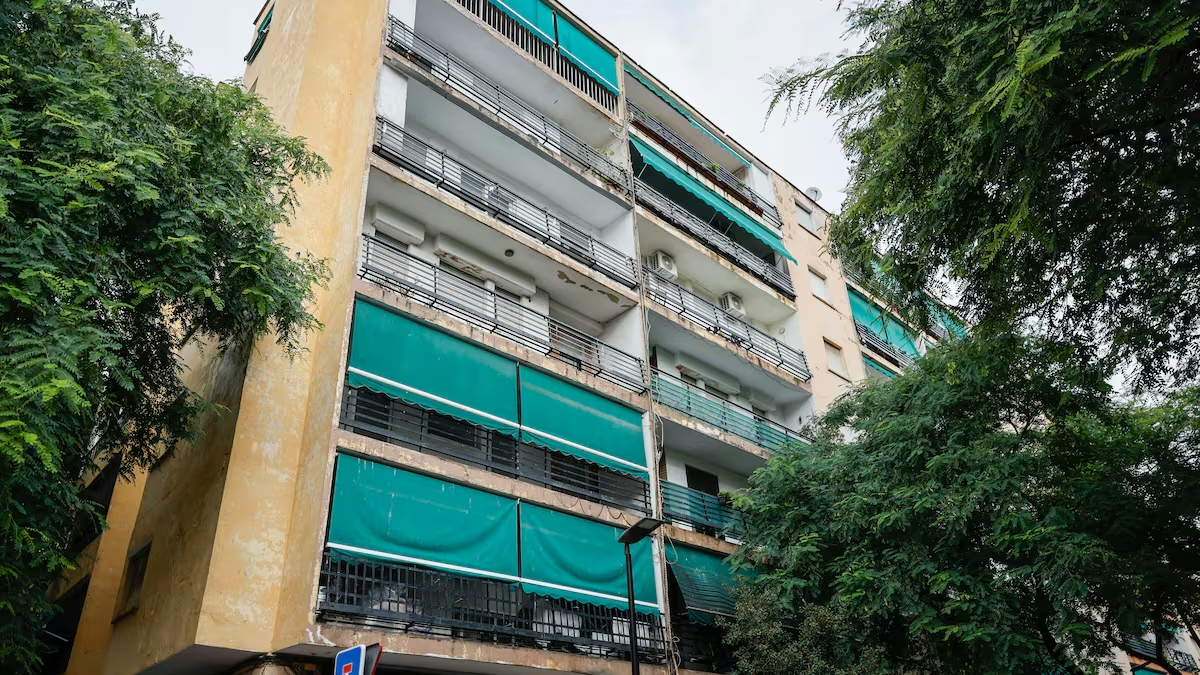For the Fiscal Work Space for Equity (ETFE)*
The recent publication of data on Tax collection In Argentina it shows that, far from reducing, State collection increased by 7% in real terms (considering the effect of inflation) between February 2024 and February 2025. This increase is mainly due to the rise in the collection of the Income Tax (+44%), the Value Added Tax (VAT) (+7%) and the Fuel Tax (+304%). In contrast, only two taxes registered significant falls: the personal property tax, which taxes large assets and whose collection fell 47%, and the country tax, which was eliminated.
Structural return is the main characteristic of the Argentine tax system, something that happens in most Latin American countries. Historically, when collecting, the State proportionally demands more to those who have less (mainly through VAT, which provides almost half of tax collected), while demanding less to the sectors of greater wealth. This dynamic not only reflects inequities, but also contributes directly to deepen social inequality, and Recent changes in tax collection further reinforce this inequitable bias of Argentine fiscal policy.
In this scheme, the personal property tax should have a fundamental role in taxing those who have great heritage, such as high -value real estate, high -end cars and various financial assets. They pay this tax only those who exceed an established value, known at least non -taxable, which by 2024 was 292 million pesos. However, participations in the capital of companies and rural buildings are exempt, which limits their ability to tax wealth effectively.
Why the collection for the Tax on Personal
The collapse in collection for the Tax on Personal Assets It is explained by the reform implemented by the Government in June 2024. The approved fiscal package implied three things: a) The strong rise in the minimum non-taxable (measured in dollars, from 123,000 to 282,000), b) a gradual regressive reduction of the fees until reaching a unique and flat aliquot abroad.
These changes cause a reduction in the number of taxpayers achieved and, consequently, a decrease in the tax contribution from the most wealthy sectors in the country.
The data show that The collection tax participation was reduced from 1.34% to 0.67% between February 2024 and February 2025. The collection of this tax was already low and the reform further weakened its redistributive capacity, benefiting the richest 1% in the country.
How the disappearance of the country tax hit
For its part, the disappearance of the country taxwhich fell on foreign currency operations, contributes to this regressive trend by putting pressure on the already definanced pension system since the collection of the tax was dedicated to the financing of the ANSES and the PAMI, which It can translate into greater cuts of benefits for retirees and pensioners.
Who did the return of the Income Tax make?
Simultaneously, The Income Tax increased its collection by 44%. This is mainly due to the fact that the National Government, together with other reforms mentioned above, modified the Income Tax, retracting the benefit granted in September 2023 where average and high income salaried persons had stopped taxing the tax.
We are in favor that from a certain level of income, earnings are tax (or, rather, that high income is taxed), as happens in the vast majority of the most developed countries, but the context and the form of the government decision was not neutral. It should have gone along with a strong recomposition of wages.
The reimposition of the tribute was not accompanied by salary increases in real terms for all workers, in a context of generalized adjustment and loss of purchasing power. In practice, the return of the tax affected an impoverished social sector of the “middle class”.
In turn, although its legislation has not changed, The collection obtained by VAT increased by 7% in real terms while the collection of fuel tax increased 304%explained mainly by the strong increase in the fixed sum that is charged per liter.
Despite The Executive Branch carried out the most drastic spending adjustment since 2002 (greater than 25% in 2024) With the aim of eradicating the fiscal deficit, it did not substantially modify the regressive tax structure. From the work space for fiscal equity (ETFE) we repeatedly warn about the need for comprehensive tax reform, but in the opposite direction that promoted by the Government.
In a country where half of the population lives in poverty and one in five people faces indigence conditions, fiscal policy should be oriented to reduce the tax burden on the lower income sectors and proportionally increase the contribution of those who possess greater wealth. This implies, among other measures, to strengthen patrimonial taxes, actively combat evasion and tax avoidance, and implement mechanisms for the return of VAT to low -income groups.
*Text prepared by the Fiscal work space for equity (Etfe), which are made up of Maria Julia Eliosoff, Martín Mangas, Noelia Mendez Santolaria, Magdalena Rua and Malena Vivanco.
Source: Ambito
David William is a talented author who has made a name for himself in the world of writing. He is a professional author who writes on a wide range of topics, from general interest to opinion news. David is currently working as a writer at 24 hours worlds where he brings his unique perspective and in-depth research to his articles, making them both informative and engaging.




